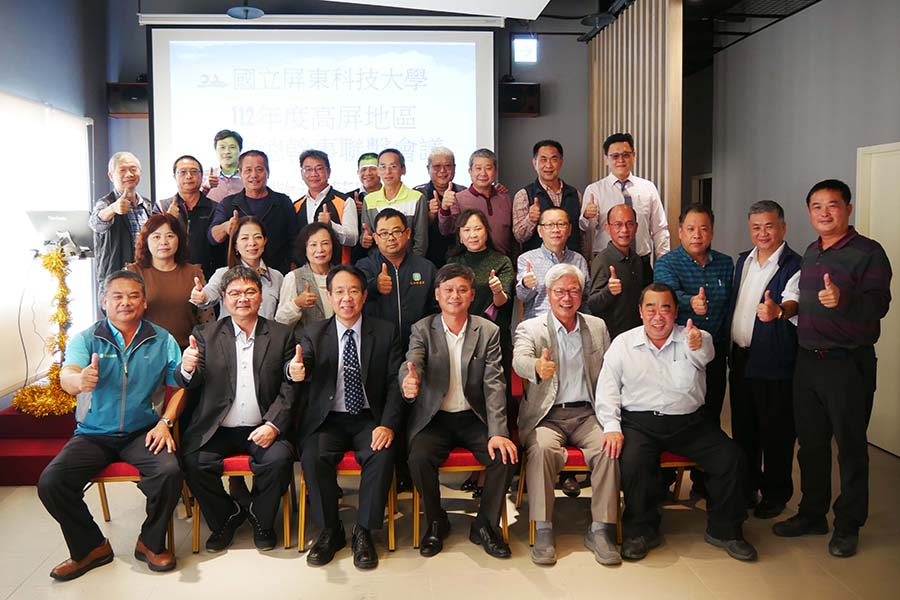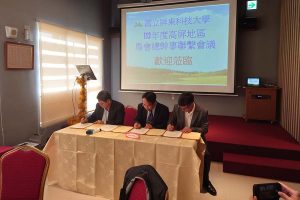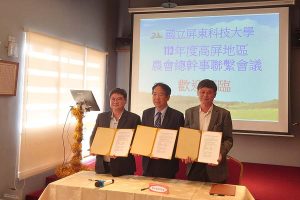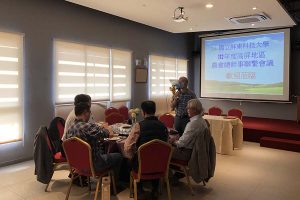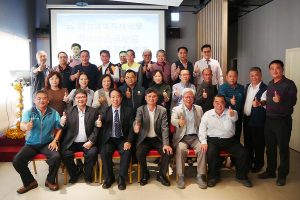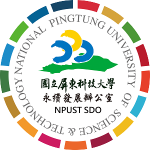In an effort to strengthen ties with neighboring agricultural practitioners, the Agricultural Promotion Committee at the NPUST Office of Continuing & Extension Education held a meeting to bring together the director generals of district farmers’ associations in the Kaohsiung and Pingtung (Kao-Ping) area. The gathering was held at the TH Hotel in the Pingtung Agricultural Biotechnology Park at 10:30 on January 6, 2012. At the meeting, the director generals of the Kaohsiung City Farmers’ Association and the Pingtung County Farmers’ Association represented 51 farmers’ associations within their jurisdictions for the signing of a Memorandum of Cooperation with National Pingtung University of Science and Technology (NPUST). The purpose of the agreement is to develop educational courses and organize various promotion activities related to farming, 4-H, and home-economics. They will also work to help seasoned farmers absorb new knowledge and young farmers return to their hometowns to contribute to local development.
NPUST President Chin-Lung Chang said that “Taiwan’s farmers’ associations have been heavily involved in local agriculture for a long time. They act both as professional cooperative business operators and rural cooperatives. At a time when Taiwan’s agricultural population is aging and the number of professional farmers is in decline, NPUST is working through its teachers and resource investments to strengthen connections and cooperation between industry, government and academia. With mutual assistance and mutual benefit, we are moving towards the goal of regional and industrial resource integration. Not only are we connecting farmers, training farmers, and providing services to them, we are also enhancing the role that farmers’ associations play in communications, farmer’s welfare, and rural development—and we are working to return young farmers to their hometowns, revitalize the agricultural economy and promote sustainable development”.
With more in-depth cooperation taking place between NPUST and the local farmers’ associations, Taiwan’s sustainable practices and global competitiveness in agricultural will be strengthened as work is done to increase output value and more effectively keep food-safety in check for consumers.




